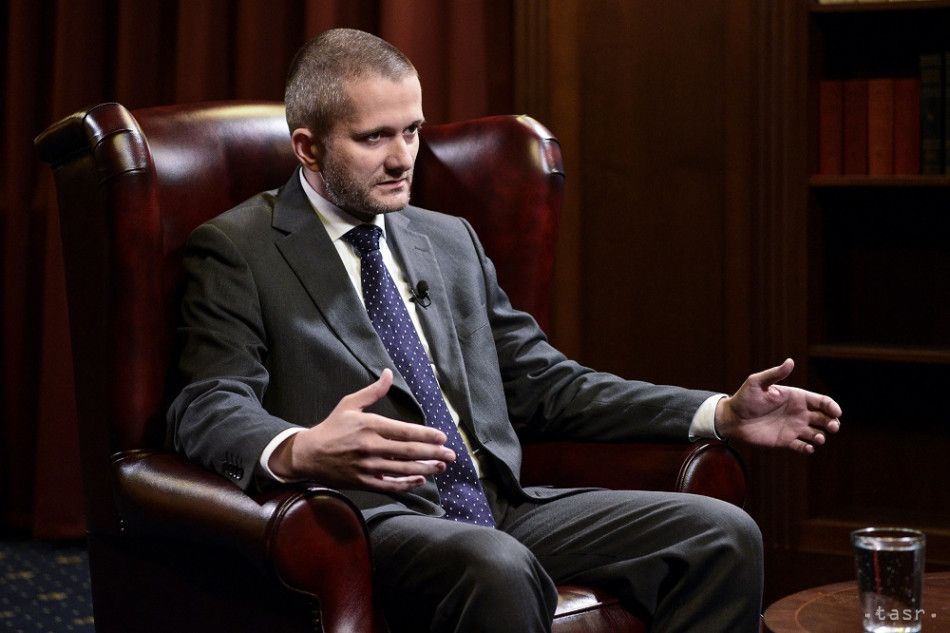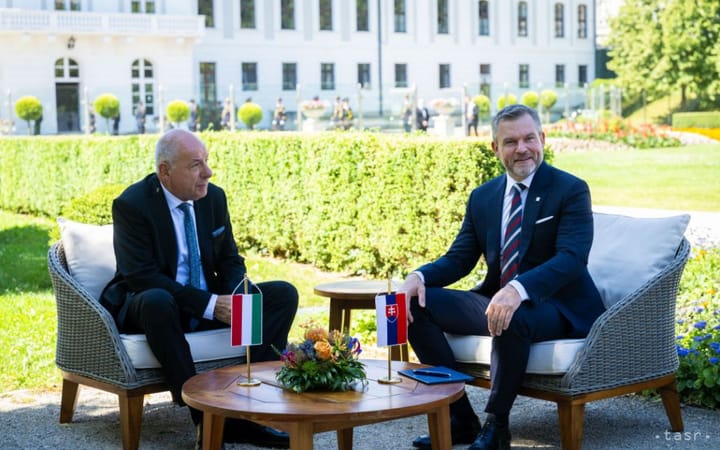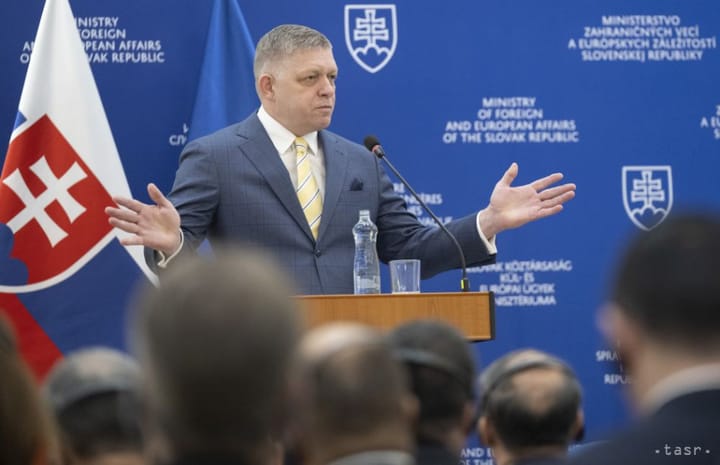CoFoE: EU Law Experts: Revising Basic EU Treaties Could Be Difficult Process

Bratislava, June 11 (TASR) – In early May, the European Parliament called for a revision of the basic treaties on the functioning of the EU in line with a request by a group of citizens at the Conference on the Future of Europe (CoFoE). However, this revision could be a lengthy and difficult process, Slovak experts on European Union law Peter Lysina and Tomas Buchta have agreed in a discussion on TASR TV.
“It’s not so much a complicated process at the EU level, but we have to remember that these are international treaties. They are treaties by which states have ceded part of their powers to the European Union. So any change in this case is equally a transfer or return of powers to member states,” explained Peter Lysina, head of the International Law and International Relations Department at Comenius University’s Faculty of Law in Bratislava. In order for any changes to the EU’s basic treaties to be “put into practice”, approval by all EU-member states in the form of ratification of these treaties is needed.
In this context, Tomas Buchta of Slovakia’s Permanent Representation to the EU in Brussels remarked that some EU member states also require referendums to ratify such changes, “which has proven to be a problem in the past”.
“The concern is rational and stems from historical experience and the complexity of these processes, especially national approval by individual EU-member states,” Buchta explained. “Just as the constitutional treaty was not adopted by referendum in 2005, similar risks cannot be ruled out,” said Buchta, referring to a document that aimed to create a constitution for the EU.
Lysina recalled in the debate that “the European Union as a community of states has an existing framework that both creates it and which determines the basic rules of the game”. These rules of the game are conceived and written into two core treaties, i.e. the Treaty on European Union and the Treaty on the Functioning of the European Union. It is these two treaties that are also referred to as the basic treaties. According to Lysina, the documents lay down the rules for the functioning of the European institutions (the European Commission, the European Parliament and the Council of the EU), but they also define the rules for functioning within the EU, including freedom of movement, freedom of establishment and other rights and obligations of citizens.
“The revision of the treaties in this case means that the Conference on the Future of Europe has brought some suggestions and ideas on how to adjust, improve and simply change these treaties to better serve both the public and, of course, the functioning of the EU externally or internally,” said Lysina, adding that the revision should first and foremost touch on the Treaty on the European Union and the Treaty on the Functioning of the EU.



